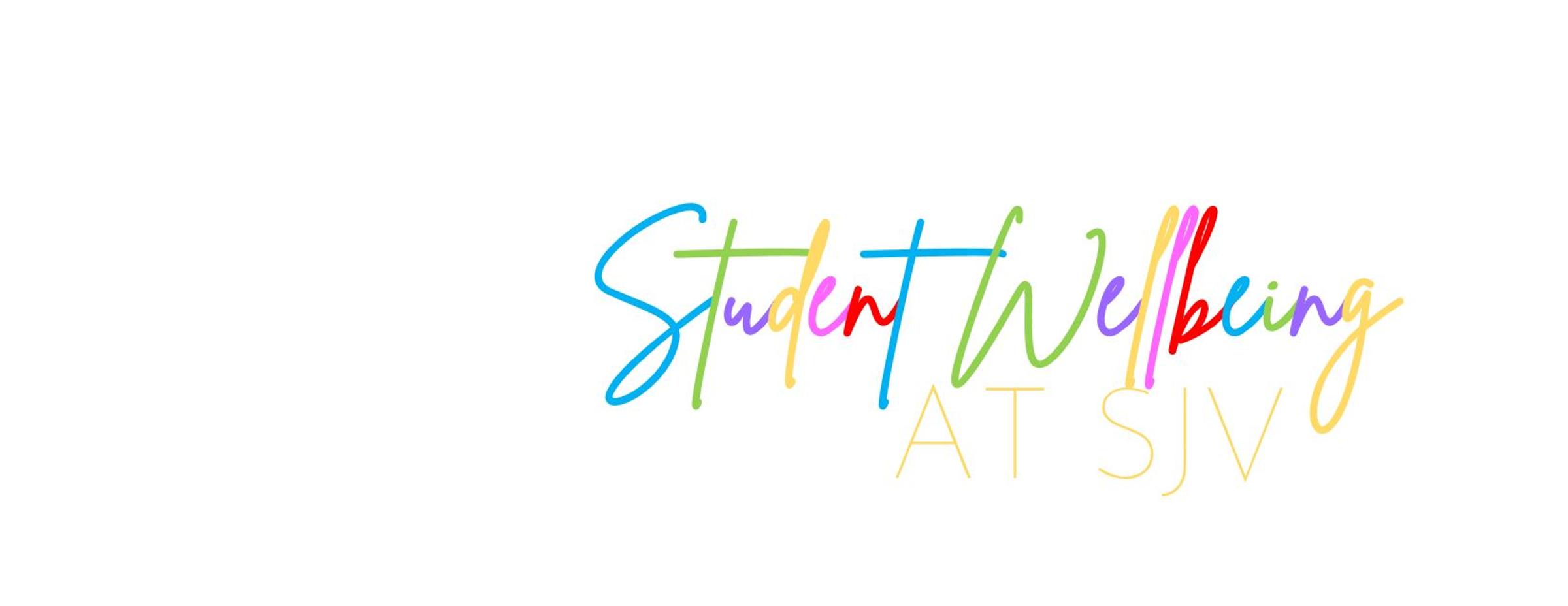Student Wellbeing

The holidays are coming soon and sometimes we notice more about how our children are thinking and feeling. Here is some information to support families if you notice any bullying behaviour at home between siblings or other family friends/acquaintances
Sometimes, people get confused about what is and isn’t bullying.
People can think that someone saying something they don’t like is bullying – but it’s not. Bullying is different from conflict or unkindness.
Bullying is mean, but being mean doesn't always mean bullying.
Bullying behaviours:
- Are aggressive, unkind or mean behaviours
- Are repeated behaviours (it must happen multiple times, in an ongoing way to be defined as bullying)
- Happen on purpose
- Must have a power imbalance – which means that people bullying and the people being bullied aren’t seen as being ‘equal’, e.g. older, bigger people picking on smaller, younger people, or ‘popular’ people targeting someone who they see as being ‘unpopular’, or who is struggling to make friends.
Some other serious types of behaviours, like discrimination, harassment and abuse, can overlap with bullying and are actually against the law.
Bullying is not the same as
- Being rude – saying or doing something hurtful that wasn’t planned or meant to hurt someone, e.g. someone pushing in front of you in the canteen line
- Being mean – doing something hurtful to someone on purpose once or twice, e.g. a friend refusing to play with you one day
- Conflict – having a disagreement with a friend, e.g. two friends getting into an argument and saying mean things to each other
- Respectful feedback on behaviours you're doing that aren’t ok, e.g. “It’s not ok roll your eyes every time they talk about sport.”
- A friend putting in a ‘boundary’ e.g. “I don't like it when you keep telling me what to do.”
- Natural consequences in socialising, e.g. a friend not trusting you because you shared their secret
What do we do if it is our child doing the bullying?
Stay calm and learn more about your child's behaviour so that any bullying behaviours can be addressed. It can be upsetting to be told that your child has bullied others. Bullying is complex and changing. Children can do the bullying in one situation and be targeted by bullying in another.
Talk with your child
Discuss with your child why they might be behaving this way. Try to understand why they may be behaving in this way. Think about any issues or problems your child might be experiencing.
Explain why bullying is unacceptable
Help them understand what it is like for the person being bullied.
Ask them how they would feel if they were being bullied.
Make clear rules and consequences for their behaviour
Acknowledge appropriate behaviour and be consistent when dealing with inappropriate behaviour.
Consider what's going on at home
Does your child see good examples of how to deal with issues and resolve differences with others at home?
Have any major events taken place recently to upset your child (parents separated, death in the family, significant illness in the family, or siblings bullying your child)?
Increase supervision of your child when they are with other children.
For younger children, show them how to join in with other children in a friendly way:
- first observe a game and the other children
- look for a natural break in the game for joining in
- choose a person with a friendly face and ask them if you can join in
- praise your child when they play cooperatively with others.
- The below link gives advice to support particular behaviours
https://www.vic.gov.au/advice-sheets-adults
Regards
Jenny Willmott
jwillmott@sjvmulgrave.catholic.edu.au
Deputy Principal/ Student Wellbeing Leader
